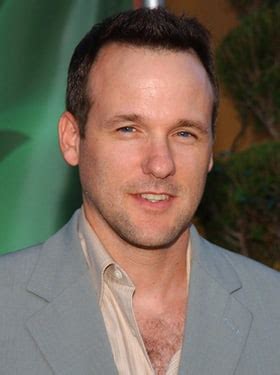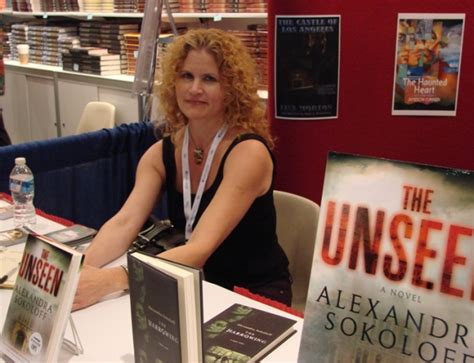A Quote by Chuck Wendig
You've got all these characters and yet, you're hovering over one character like a fly over a stinky diaper. Realize that you've got a kickass superpower: you can possess and take-over anybody inside the story. With the power of Point-of-View, you can drag us along for the ride. You can shove us into their eyes, their minds, you can force us to piggyback on their experiences past and present. Sometimes untangling a knotted-up tale means looking at it from different eyes: what better eyes than those of the other characters inside the story?
Quote Topics
Along
Along For The Ride
Anybody
Better
Character
Characters
Diaper
Different
Drag
Experiences
Eyes
Fly
Force
Got
Hovering
Inside
Kickass
Like
Looking
Means
Minds
Other
Over
Past
Past And Present
Point
Possess
Power
Present
Realize
Ride
Shove
Sometimes
Stinky
Story
Superpower
Take
Tale
Than
Those
Up
Us
View
Related Quotes
I think all writers are always collecting characters as we go along. Not just characters of course, we're collecting EVERYTHING. Bits and pieces of story. An interesting dynamic between people. A theme. A great character back story. A cool occupation. The look of someone's eyes. A burning ambition. Hundreds of thousands of bits of flotsam and jetsam that we stick in the back of our minds like the shelves full of buttons and ribbons and fabrics and threads and beads in a costumer's shop.
I think it's why we're able to look at with comic book stories or origin stories, why is it that we can keep retelling these stories over and over? And hopefully it's because it hits something so universal and so primal inside of us that we actually yearn for that same story over and over. But toned and different form, and updated and modernized, and I can go into the specifics.
Wanting to know absolutely what a story is about, and to be able to say it in a few sentences, is dangerous: it can lead us to wanting to possess a story as we possess a cup... A story can always break into pieces while it sits inside a book on a shelf; and, decades after we have read it even twenty times, it can open us up, by cut or caress, to a new truth.
I don't know if that's the best story for BoJack, long-term. I do love the world, and I love playing around in it and it feels like an elastic enough world that, any story I want to tell, I can tell about these characters in this world. I can talk about parents and children, husbands and wives, the troops, or Hollywood. It does feel like an endless playground at this point, it would be a shame if we cut it off early for fear of repeating the same things over and over again. But I am looking to move the story and character somewhat.
Before I begin a novel I have a strong sense of at least one central character and how the story begins, and a more vague sense of where things may wind up, but at some point, if the novel is any good at all, the story and characters take on lives of their own and take over the book, and the writer has to be open to that.
I call this the Fundamental Problem of Political Economy. How do we limit the power that idiots have over us? ... [Milton] Friedmans insight is that a market limits the power that others have over us; conversely, limiting the power that others have over us allows us to have markets. Friedman argued that no matter how wise the officials of government may be, market competition does a better job of protecting us from idiots.
Until White America can look through the eyes of a Black man, nothing will change. Even we as Black people sometimes don't want to face what's going on within our communities because some of us crossed over into a different tax bracket, but these issues affect the communities that raised us, so it affects us all.






































